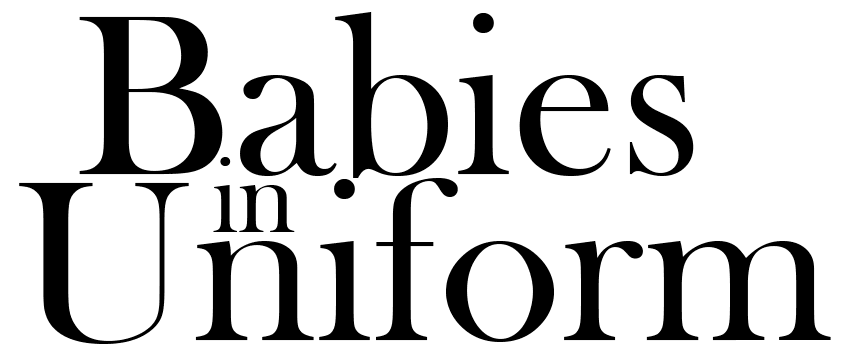Best Practices for Protecting Corporate Data
Data is essential for optimizing business operations and making decisions. If it’s not secured properly it may fall victim to cyberattacks, which can have legal repercussions. To safeguard corporate data the combination of IT support, best practices and employee education is essential.
The use of encryption is an efficient method of protecting corporate data. It requires hackers to understand the code to access the information. Companies can encrypt information like databases, email messages, and passwords to provide an extra layer of security.
Limit access to sensitive data to only those employees that need it. This will stop hackers from getting hold of private information that could be used to take money, personal data room cook information or any other sensitive data. Establishing a set of rules and guidelines in place for how employees should utilize their computers, which includes storing files only on servers owned by the company, not on personal devices, will aid in preventing data security breaches.
Establish a procedure for properly disposing of sensitive information when an employee quits the company or takes leave. Then, shred the paper records and utilize wiping software on laptops when disposed of, rather than simply deleting files using keyboard commands. In the event of a computer hack it is essential to have a disaster recovery strategy. A backup can safeguard corporate data and allow the business to continue operating without a loss of data.


